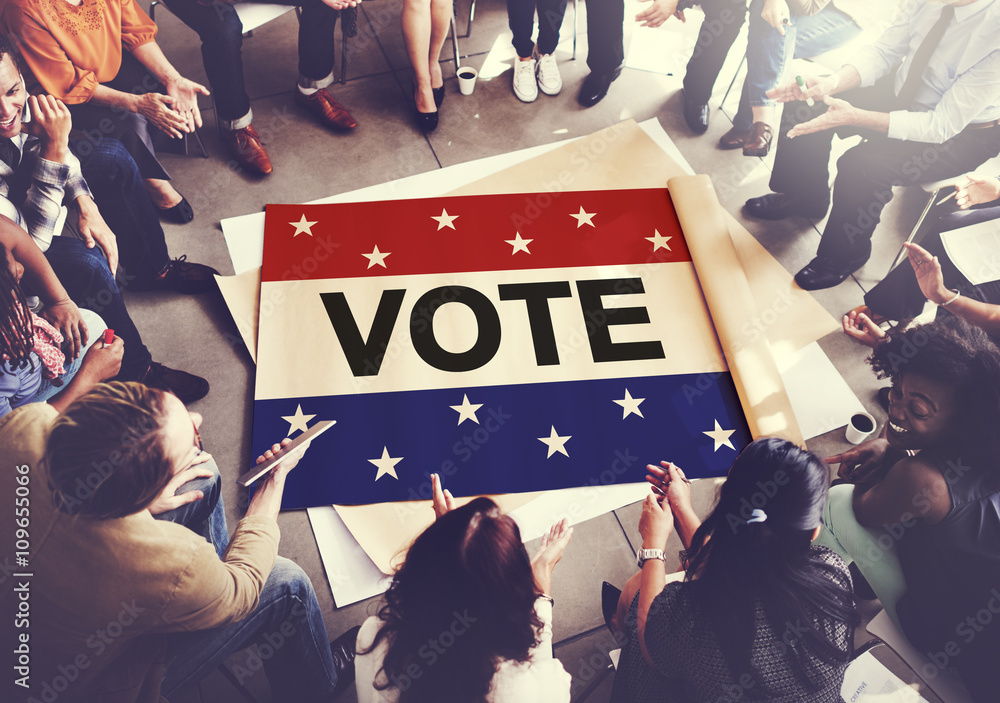Introduction
Political changes have a profound impact on various sectors of the economy, and the real estate market is no exception. From changes in government policies to shifts in international relations, political events can shape market conditions in significant ways. For investors, homeowners, and prospective buyers, understanding these effects is crucial to making informed decisions.

Government Policies and Regulations
One of the most direct ways political changes affect the real estate market is through government policies and regulations. These can include:
- Tax Policies: Changes in property taxes, capital gains taxes, and tax incentives for homebuyers can influence both the supply and demand in the real estate market. For instance, higher property taxes can deter potential buyers, leading to a decrease in demand and a subsequent drop in property values.
- Housing Policies: Governments often introduce housing policies to address issues like affordability, urban development, and housing shortages. Policies such as rent control, housing subsidies, and zoning laws can either stimulate or hinder the real estate market.
- Interest Rates: Central banks, influenced by political agendas, set interest rates that directly impact mortgage rates. Lower interest rates typically make borrowing cheaper, increasing demand for property, while higher rates can cool down an overheated market.
Political Stability and Investor Confidence
Political stability is a key factor in maintaining investor confidence in the real estate market. When a country experiences political turmoil, such as elections with uncertain outcomes, policy changes, or even geopolitical tensions, it can lead to:
- Market Volatility: Investors may adopt a wait-and-see approach during times of political uncertainty, causing a slowdown in real estate transactions. This can result in increased market volatility, with property prices fluctuating more than usual.
- Foreign Investment: Political stability attracts foreign investors, while instability can drive them away. Foreign investors often seek stable environments where their investments are less likely to be affected by sudden changes in government or policy. A politically stable environment can lead to increased demand in the real estate market, driving up property prices.
Economic Policies and Real Estate
Economic policies shaped by political decisions also play a critical role in the real estate market. For example:
- Infrastructure Development: Governments often invest in infrastructure projects like roads, bridges, and public transit, which can significantly enhance property values in the surrounding areas. Political decisions that prioritize infrastructure development can thus create new hotspots in the real estate market.
- Employment Rates: Political policies that affect employment rates and overall economic growth can influence the real estate market. Higher employment rates generally lead to higher demand for housing, as more people can afford to buy homes. Conversely, policies that lead to job losses can depress the real estate market.

International Relations and Real Estate
Global politics and international relations also have a significant impact on the real estate market. Trade agreements, diplomatic relations, and international conflicts can all affect market conditions. For example:
- Trade Agreements: Favorable trade agreements can boost economic growth and, by extension, the real estate market. Regions that benefit from such agreements often see an influx of businesses and residents, increasing demand for commercial and residential properties.
- Immigration Policies: Political changes that alter immigration policies can influence demand for housing. More lenient immigration policies can lead to population growth, which increases the need for housing and drives up property prices. On the other hand, stricter immigration policies can reduce demand, especially in markets that heavily rely on immigrant populations.
Conclusion
The real estate market is deeply interconnected with the political landscape. Changes in government policies, political stability, economic strategies, and international relations all play crucial roles in shaping market conditions. For anyone involved in real estate—whether as an investor, buyer, or seller—keeping an eye on political developments is essential to navigating the market successfully. By understanding how political changes affect the real estate market, stakeholders can better anticipate shifts and make informed decisions to protect and grow their investments.
